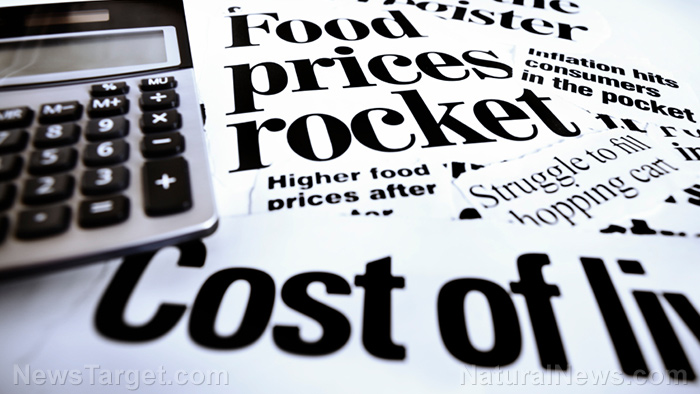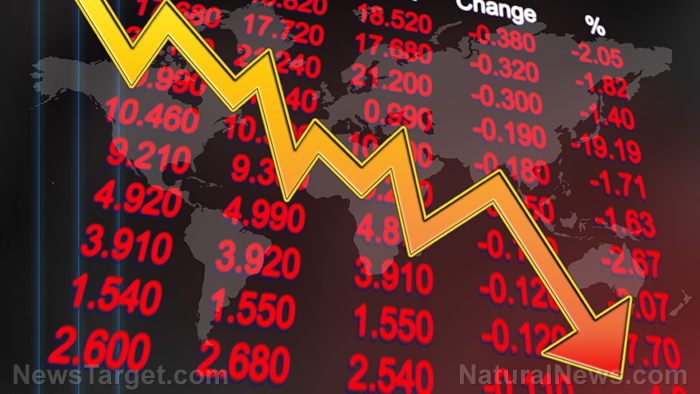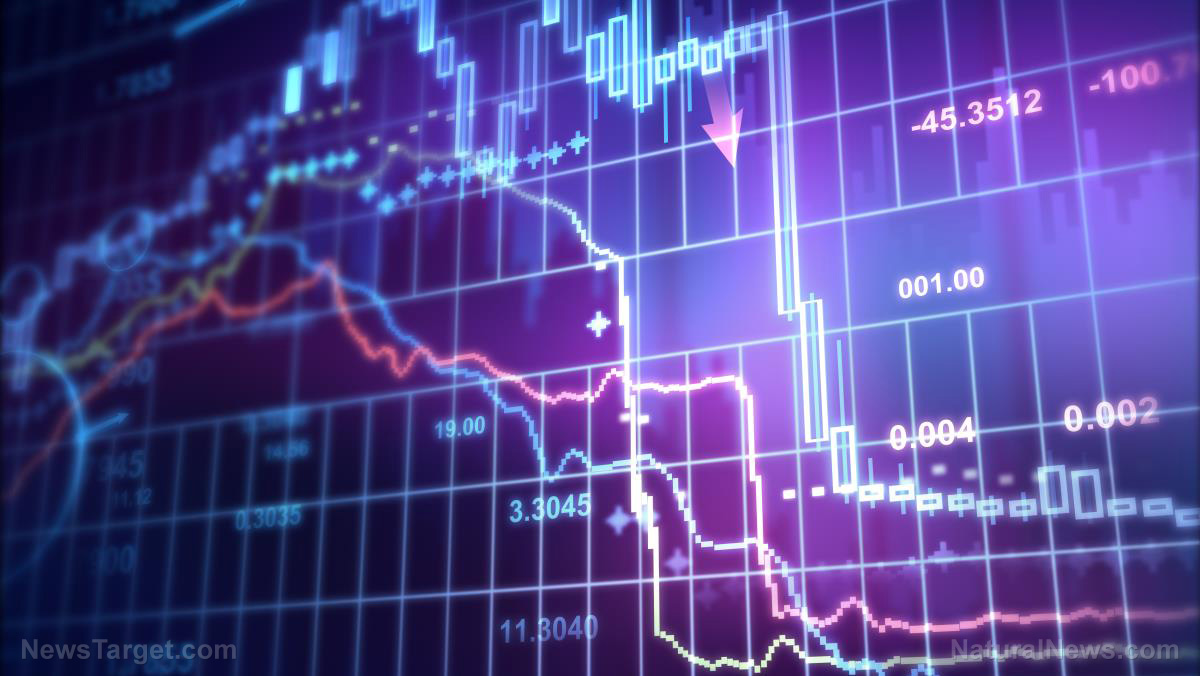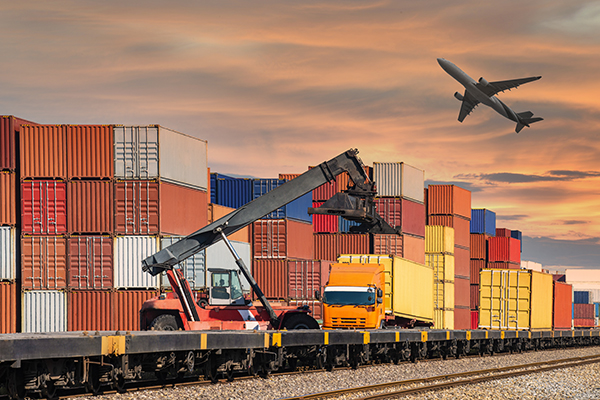BAD POLICY: Indonesia LIFTS BAN on palm oil exports as domestic cooking oil prices plunge
05/24/2022 / By Ramon Tomey
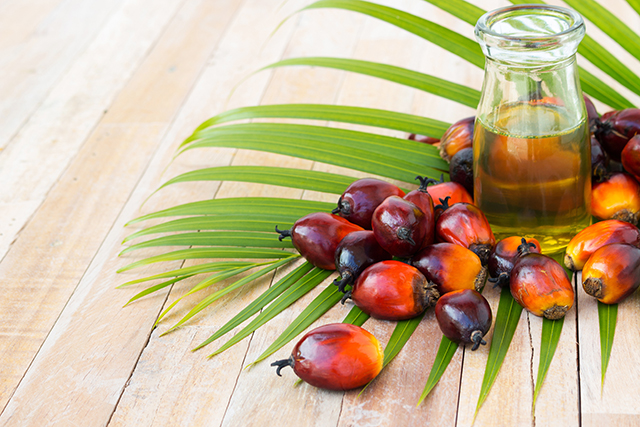
Indonesia recently lifted its ban on palm oil exports as it caused a nosedive in domestic cooking oil prices. Indonesian President Joko Widodo announced the ban’s lifting in a May 19 video statement.
First announced on April 28, the ban saw Jakarta halting shipments of crude palm oil and several products derived from it. The decision by the Indonesian government sought to tame rising prices of domestic cooking oil before it was rescinded three weeks later.
According to Widodo, the supply of bulk cooking oil had now reached a level greater than necessary. Sahat Sinaga, executive director of the Indonesia Vegetable Oil Industry Association, concurred with the president – adding that domestic stocks had reached around 5.8 million tons by early May.
“In several regions, I know prices of cooking oil were still relatively high. But I believe [that] in the coming weeks, they will be more affordable,” said Widodo. “Although exports are being reopened, the government will continue to closely supervise and monitor [the market] to ensure demand is being met with affordable prices.”
Palm oil comprises a third of the world’s vegetable oil market, with Indonesia accounting for about 60 percent of the world’s supply. The country also has around six million tons of storage capacity for its palm oil, including those in its ports.
Peter Meyer, head of grains and oilseeds at S&P Global Commodity Insights, remarked that Indonesia’s export ban on palm oil – an attempt to “lower domestic prices” – has “apparently failed.”
“The reality is that Indonesia is now oversupplied domestically, causing palm oil prices to fall there while world vegetable oil tightness has left other prices elevated. While expected, the reversal does offer some relief to global vegetable oil prices,” he explained. (Related: Shortage of cooking oil now on horizon as Indonesia sees panic buying, hoarding of valued commodity.)
“A long-term ban could severely damage Indonesia’s economy, given its reliance on palm oil exports. Additionally, this is not the first time Indonesia has announced this type of action since the war started in Ukraine – only to reverse course quickly.”
Indonesian farmers welcome lifting of the ban
Indonesian farmers welcomed Widodo’s lifting of the ban, given that demand for their palm fruits shrank with the prohibition in place. Earlier, palm farmers held a rally that called for a repeal of the ban as palm fruit prices around the archipelago plummeted.
SPKS, an Indonesian union of palm oil farmers, hoped that plantation activities “would return to normal and farmers’ economic condition will improve” following the ban’s lifting.
“Hopefully with the export reopening, palm oil production can resume,” said Indonesia Palm Oil Association Secretary General Eddy Martono. “The real conditions in the field have been very difficult, because tanks were starting to fill up.”
According to Meyer, Indonesia’s ban on palm oil exports also exacerbated concerns regarding vegetable oil supply amid the Russia-Ukraine conflict. Kyiv has been facing uncertainty when it comes to sunflower oil supply ever since Russian forces attacked in late February.
The Black Sea region, where Ukraine is located, accounts for 60 percent of global sunflower oil. It also accounts for 76 percent of sunflower oil exports.
Kyiv restricted the export of certain essential food items during the early days of the Russian invasion via a March 5 edict, citing an expected increase in demand. Food items mentioned in the decree included several grains, sugar, salt, eggs, meat and sunflower oil. The Ukrainian government expanded this decree four days later on March 9 to include other grains and fertilizers.
Later, Kyiv removed corn and sunflower oil from the list of products banned from exports as per official documents. Ukrainian companies expressed support over the decision to remove corn and sunflower oil from the products under an export ban.
For more related stories, head over to SupplyChainWarning.com.
Watch this video that talks about the dangers of palm oil in different chocolate candies.
This video is from the Truth Matters channel on Brighteon.com.
More related stories:
Europe faces sunflower oil shortage as Russian attacks on Ukraine continue to disrupt food supply.
Tesco, the UK’s largest supermarket, begins cooking oil rationing amid supply disruption.
Indonesia bans edible oil exports (i.e., palm oil), sparking global “mayhem.”
Cooking oil’s price surge signals worsening global food inflation.
Sources include:
Submit a correction >>
Tagged Under:
big government, Bubble, chaos, cooking oil, debt collapse, domestic prices, domestic supply, export ban, food supply, harvest, Indonesia, Joko Widodo, market crash, palm oil, palm oil production, panic, products, risk, supply chain crisis, vegetable oil
This article may contain statements that reflect the opinion of the author
RECENT NEWS & ARTICLES
COPYRIGHT © 2017 RISK NEWS

